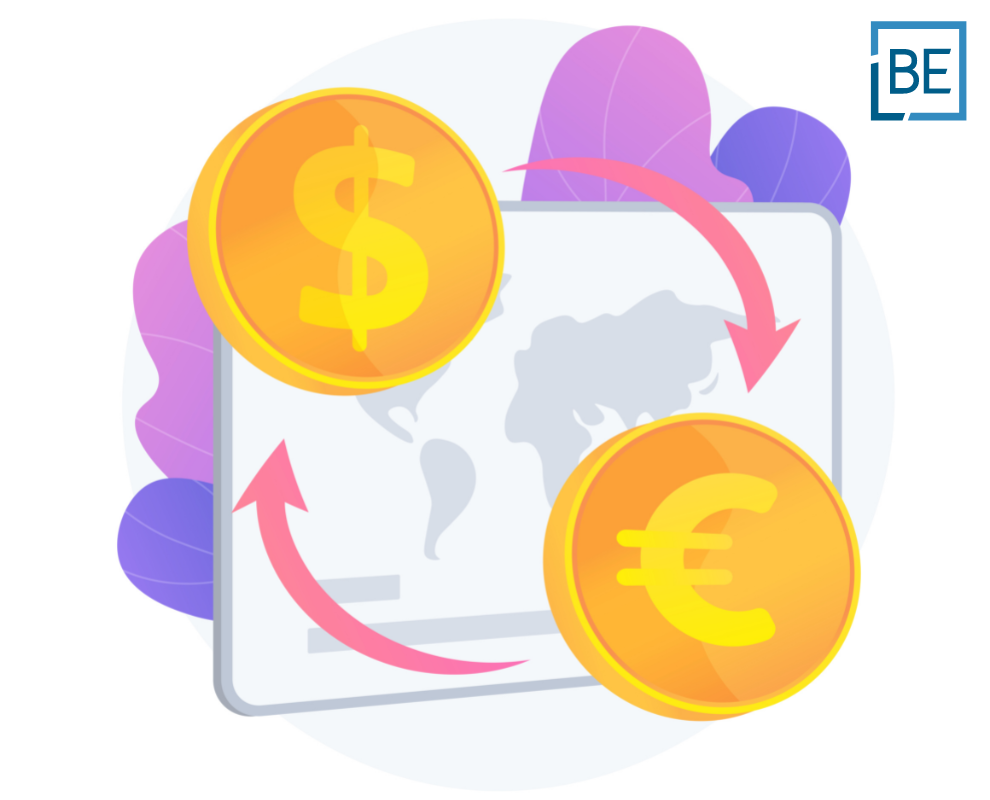Belaws Home ›› Thailand ›› Blog ›› Maximizing Your Profits: A Guide to Repatriating Money from Thailand
legal
Maximizing Your Profits: A Guide to Repatriating Money from Thailand
07/03/2023
As a foreign investor or business owner in Thailand, there may be times when you need to repatriate money out of the country. While Thailand is widely considered a foreign investment-friendly country, there are strict regulations regarding foreign exchange transactions and taxes on repatriating money out of the country.
This article will examine the regulations and taxes imposed on profit repatriation from Thailand.
Key points
- Both companies and individuals can send money from Thailand to other countries.
- Certain transfers are subject to Withholding tax.
- Certain transactions require approval from Commercial Banks.
Can you transfer/remit money out of Thailand?
Individuals and companies can transfer/remit money out of Thailand. To do so, the following information is required:
- the name of the recipient’s account,
- account number,
- currency and amount of money to be transferred,
- The bank name and address of the recipient,
- the receiving bank’s SWIFT code or IBAN code and,
- The reason for the transfer.
Please note that if you are a foreign individual repatriating income abroad, you may be required to provide the bank with a letter from your employer stating your income or a document stating the source of funds.
What transactions need approval from the banks for repatriating money?
The exchange control regulations are governed by the Ministry of Finance, which aims to control foreign exchange remittances.
The following transactions require approval from commercial banks (authorized by the Bank of Thailand) before the remittance can proceed:
- Remittance of USD 100 million (or the equivalent) for foreign investment or lending to subsidiaries in foreign countries.
- Remittance of USD 1 million (or the equivalent) for purchasing any affiliate company’s shares in a foreign company.
- Remittance of an unlimited amount for returning investment funds of a branch office or representative office, from the dissolution of business, or decrease of capital or value of shares.
- Remittance of an unlimited amount from paying dividends or profits to a foreign company’s head office.
Do you have to pay any Withholding Taxes for repatriating money from Thailand?
When any profits are remitted to a non-Thai company or individual, they are subject to Withholding Tax. The Withholding Tax payment must be submitted to the Revenue Department by the seventh of the following month.
The following Withholding Taxes are imposed upon the remittance of profits from Thailand:
Dividends
Dividends are subject to a Withholding Tax at a rate of 10%. Double Tax Agreements between Thailand and certain countries may reduce this rate.
For example, the Double Tax Agreement signed between Thailand and Taiwan reduces the Withholding Tax rate to 5% if the resident of Thailand holds at least 25% of the company’s capital.
Interest
For the remittance of interest payments abroad, Thailand imposes a 15% Withholding Tax.
Again, this rate can be reduced by any eligible Double Tax Agreements.
Please note that a 10% rate is levied on interest paid to a bank, financial institution, or insurance company from the following countries:
- Australia,
- Cambodia,
- China,
- Hungary,
- Finland,
- Malaysia,
- Laos and
- Vietnam.
Furthermore, Italy, Germany, Ukraine, and Japan apply a 0% rate if the interest is paid to a wholly government-owned financial institution.
Royalties
Royalties are subject to a Withholding Tax of 15%. Double Tax Agreements may lower this rate to 5%, 8% or 10%.
Branch remittance tax
Any profits remitted from a branch office to a foreign company are subject to a branch remittance tax of 10%.
How can Belaws help?
You can talk directly to one of our experts for more information about remitting/repatriating money from Thailand.
This article is for information purposes only and does not constitute legal advice.
Our consultations last for a period of up to 1 hour and are conducted by expert Lawyers who are fluent in English, French and Thai.
Consultations can be hosted via WhatsApp or Video Conferencing software for your convenience. A consultation with one of our legal experts is undoubtedly the best way to get all the information you need and answer any questions you may have about your new business or project.
USD 150
Up to 1 hour
Online payment (Paypal or Credit card)
Legal consultation can be conducted in English, French or Thai
Legal consultations are handled by experienced lawyers from the relevant fields of practice
Frequently asked questions
Can you transfer money out of Thailand?
Yes, individuals and companies can transfer money out of Thailand by providing the necessary information about the recipient’s account and bank details.
What transactions require bank approval for money transfer?
Transactions such as foreign investment or lending to subsidiaries, buying affiliate company shares, and paying dividends to a foreign company’s head office require bank approval.
Are profits remitted from Thailand subject to withholding tax?
Yes, profits remitted from Thailand to non-Thai companies or individuals are subject to withholding tax, with rates varying based on the type of payment.
What are the withholding tax rates for dividends and interest payments?
The withholding tax rate for dividends is 10%, which can be reduced based on Double Tax Agreements. For interest payments, Thailand imposes a withholding tax rate of 15%, which can also be reduced by certain agreements.
What is the role of the Ministry of Finance in foreign exchange remittances?
The Ministry of Finance oversees the exchange control regulations and requires bank approval for certain transactions before remittance can proceed.
Related articles
Subscribe today
Subscribe today
To our newsletter for all the latest legal news
in South East Asia, Belaws updates and
special promotions on our services.
To our newsletter today for all the latest legal news in South East Asia,
Belaws updates and special promotions on our services.







